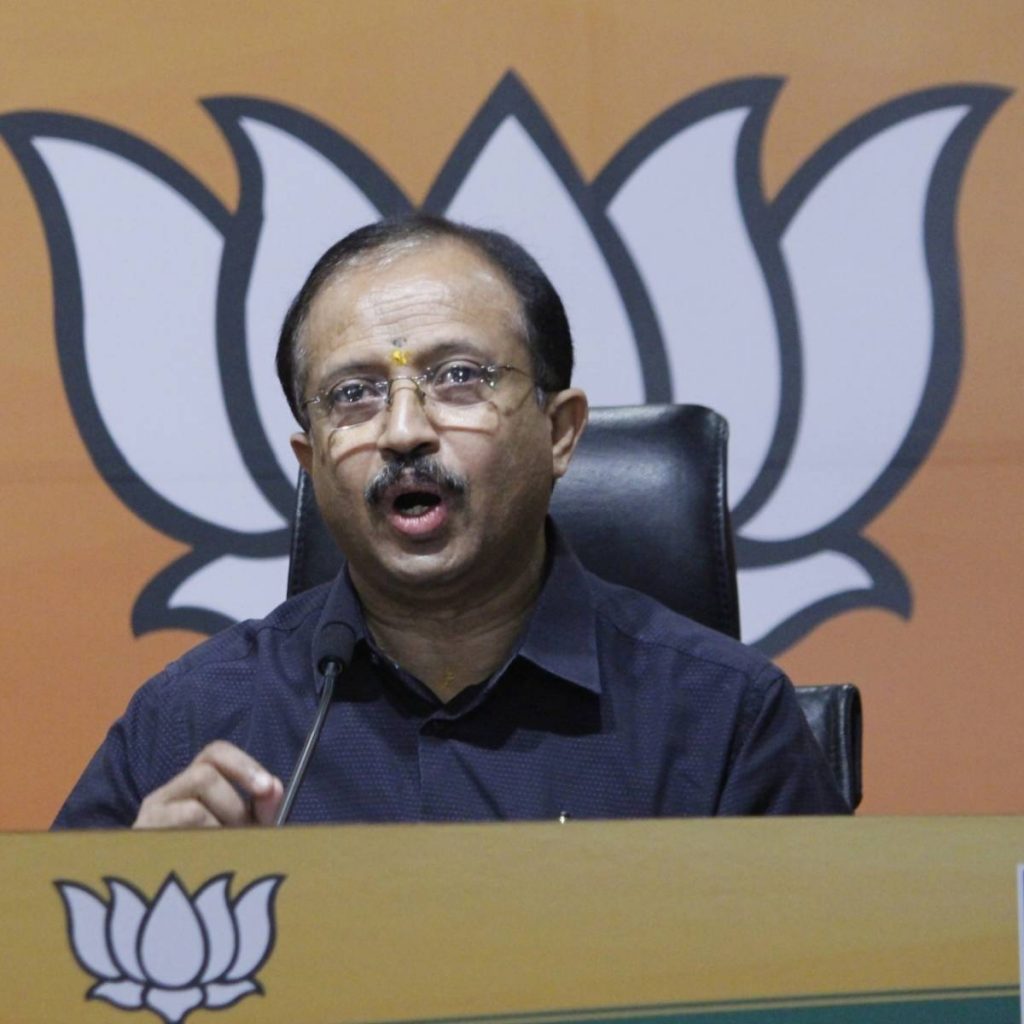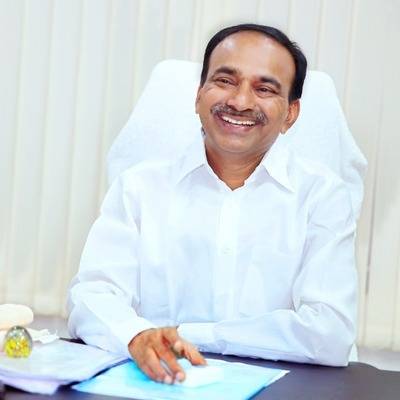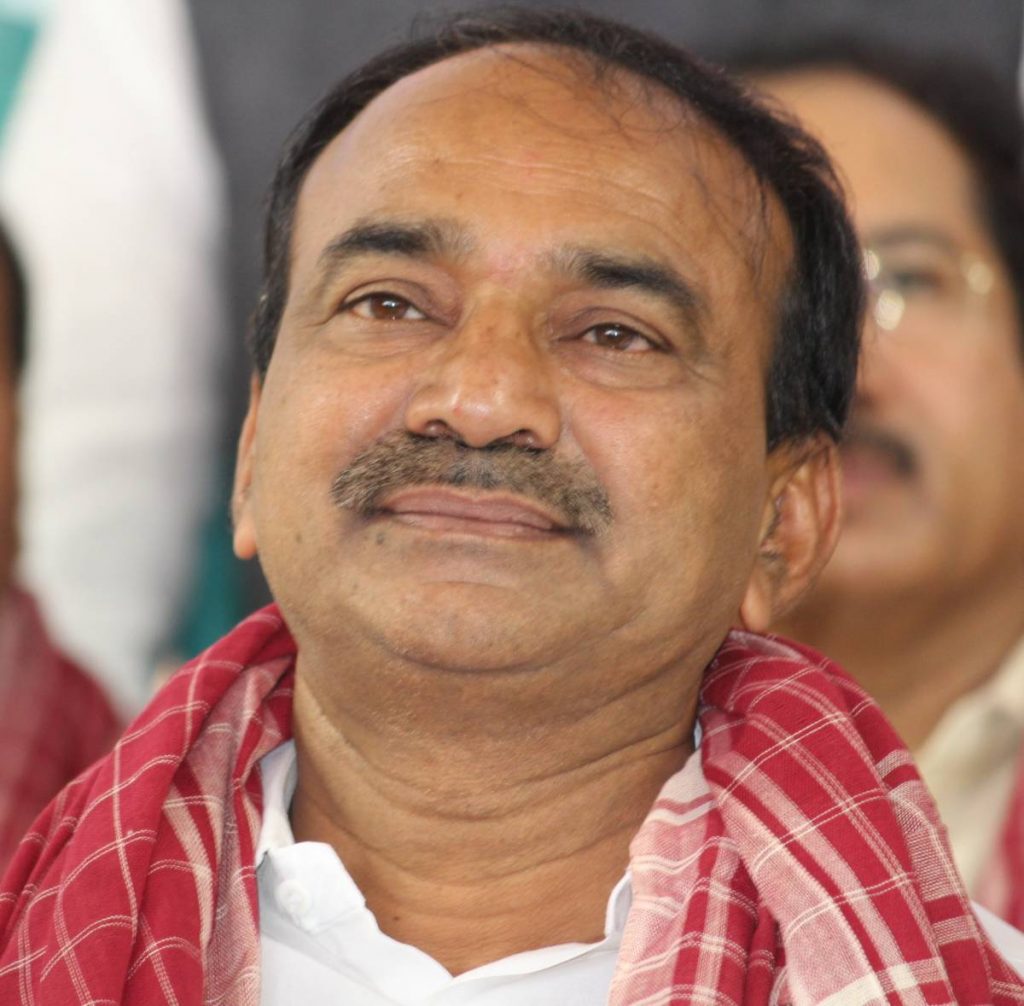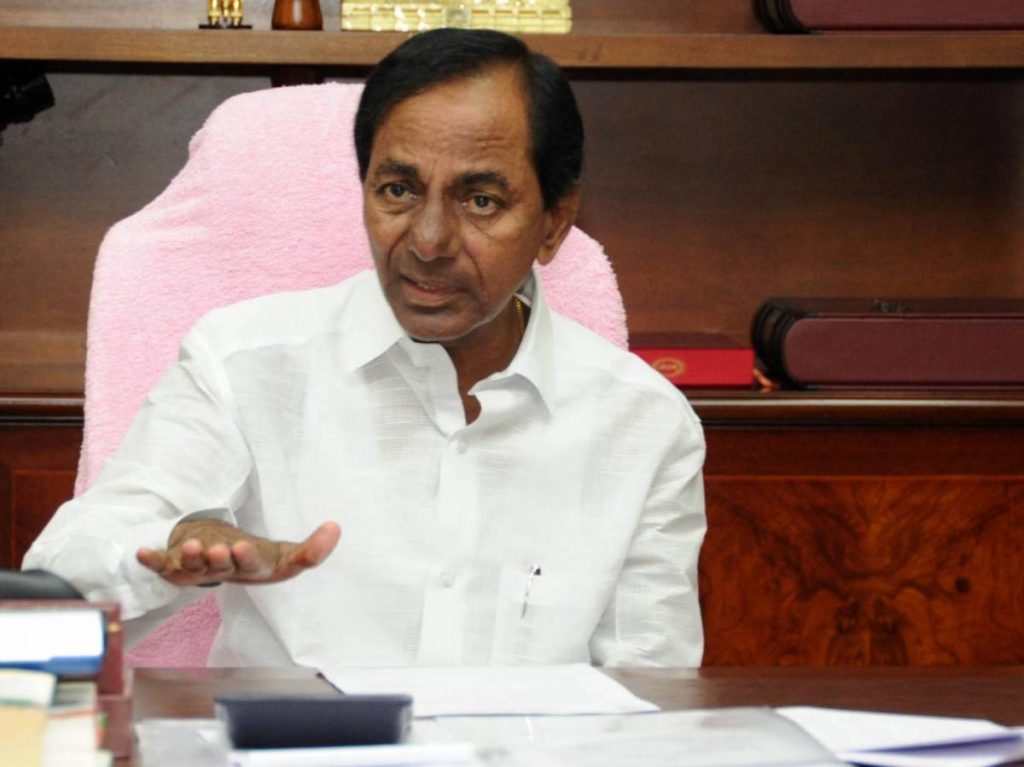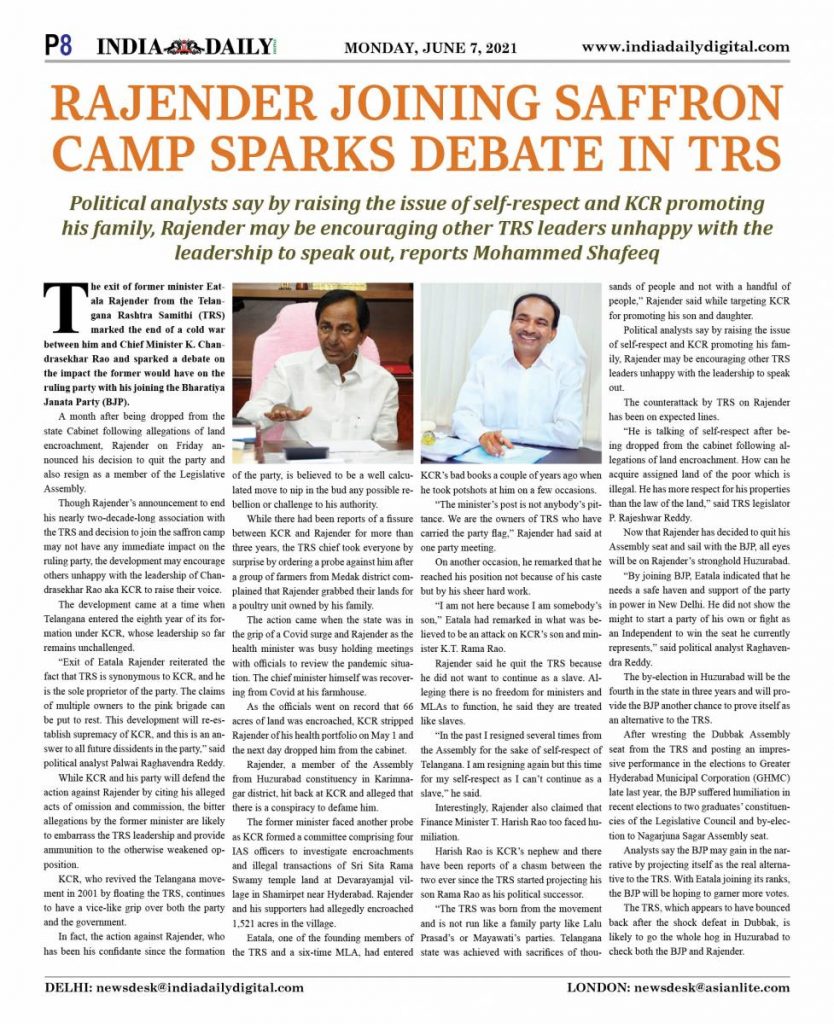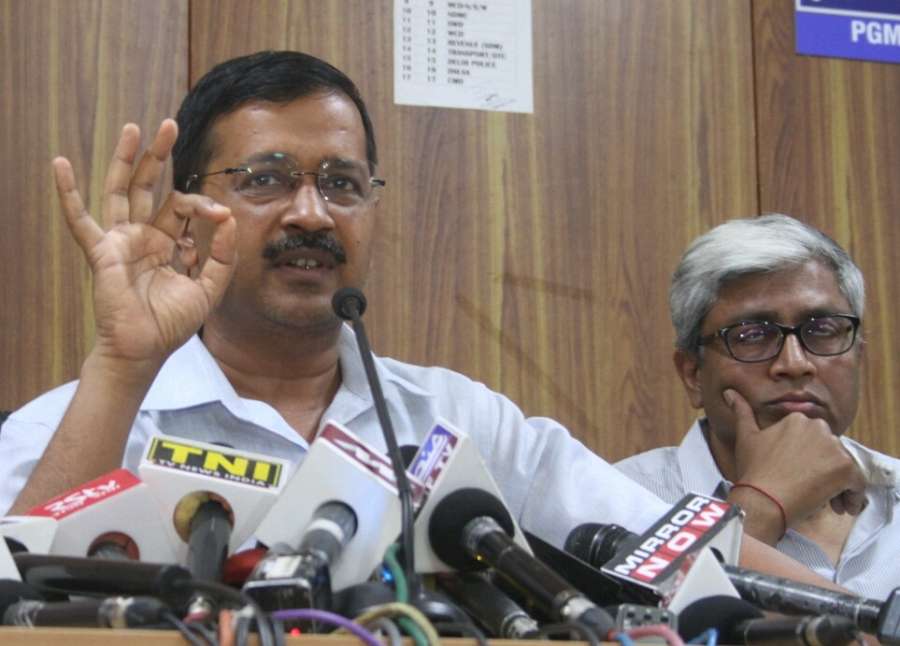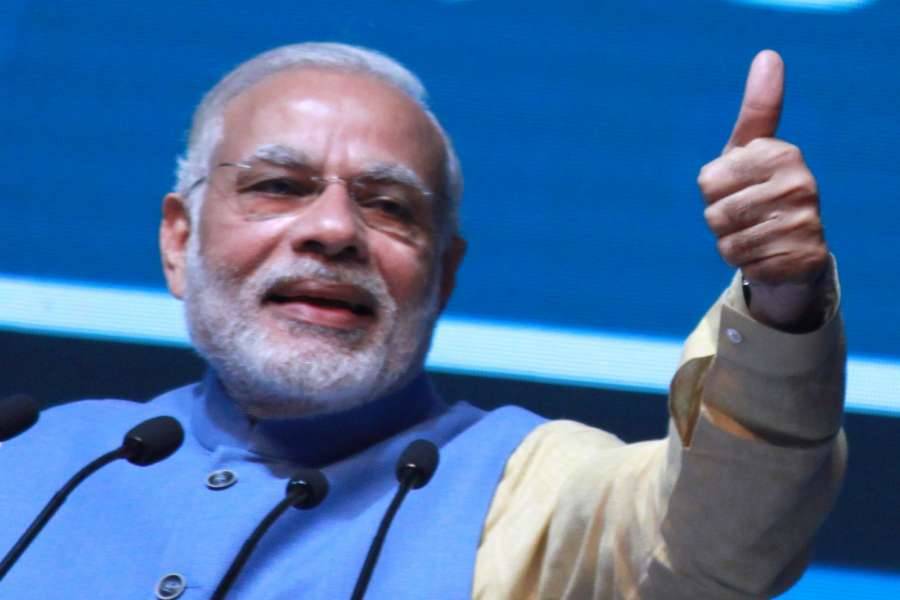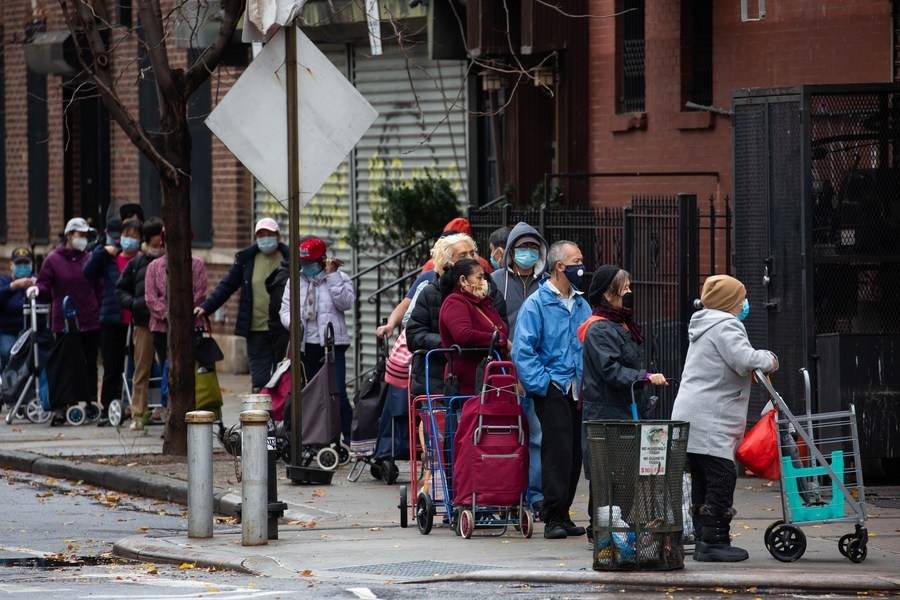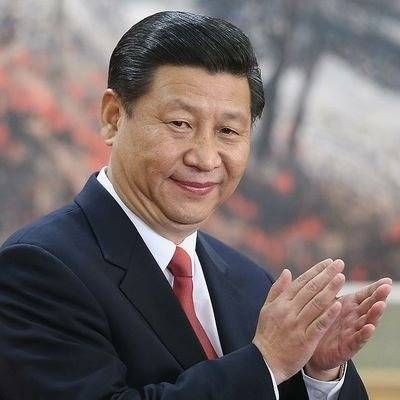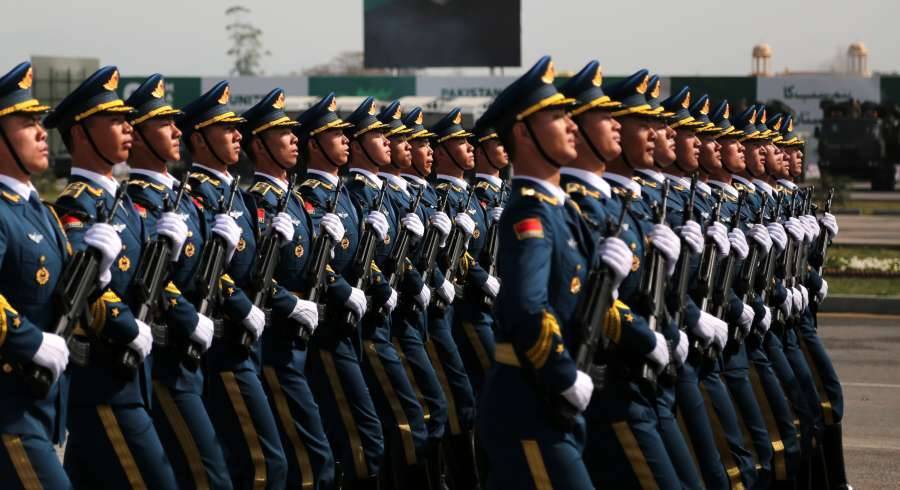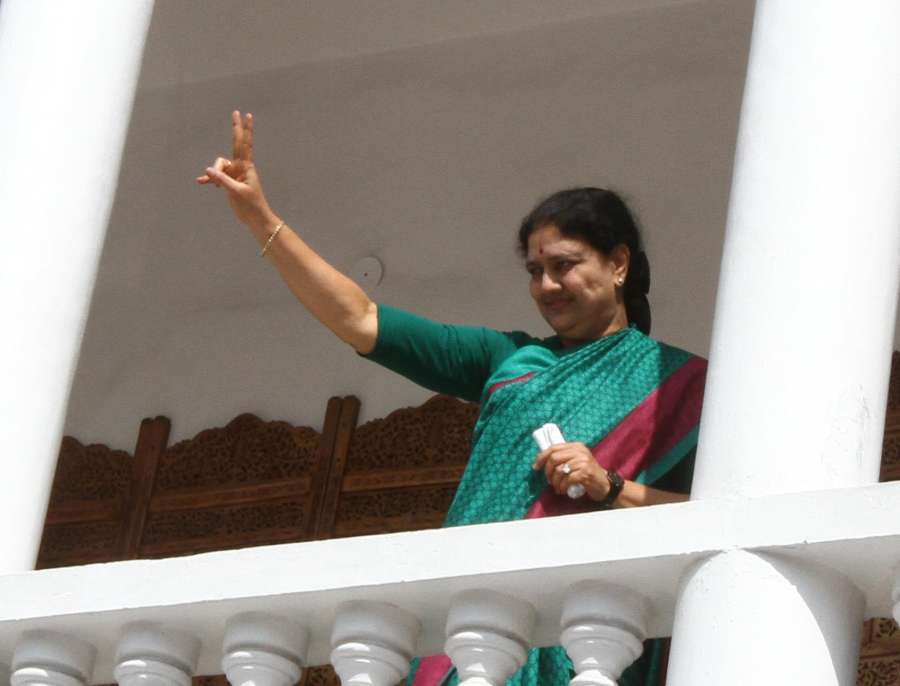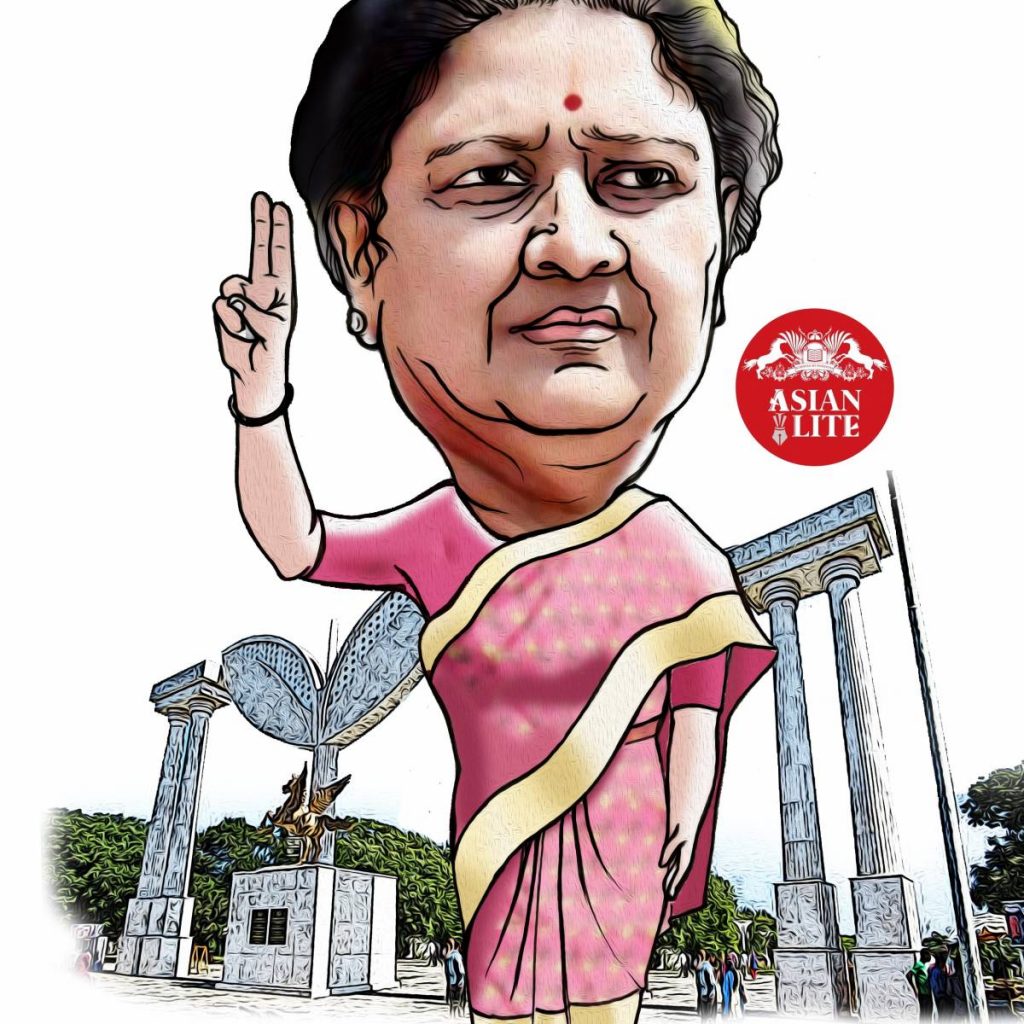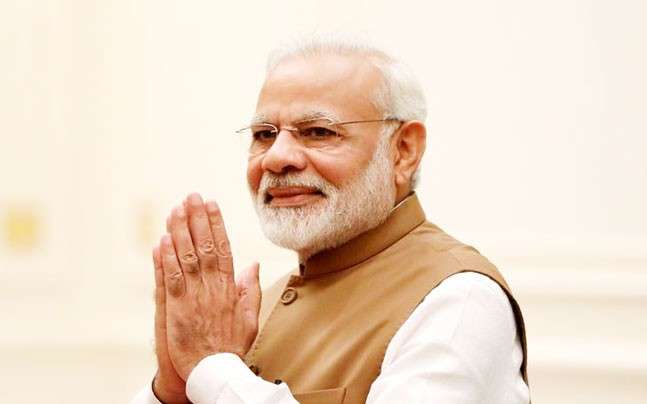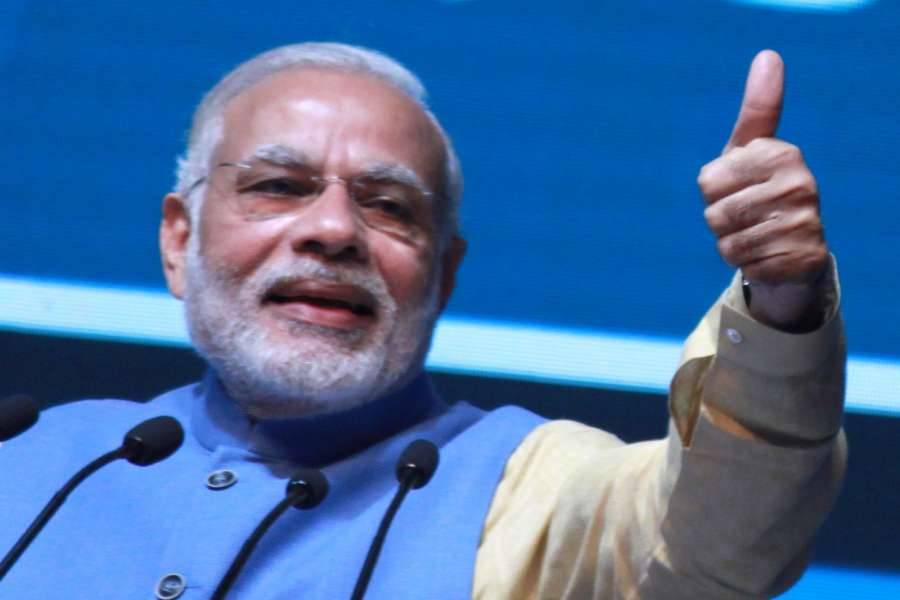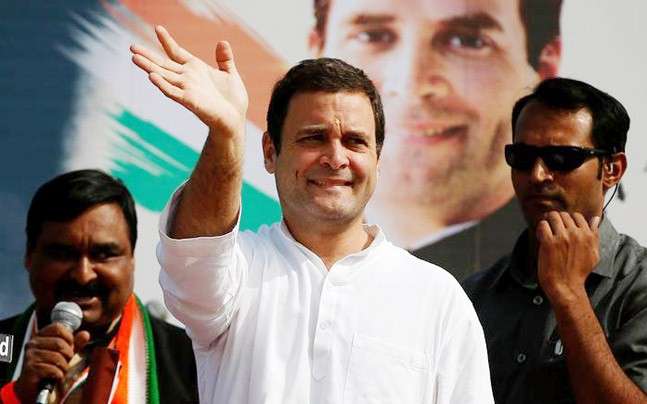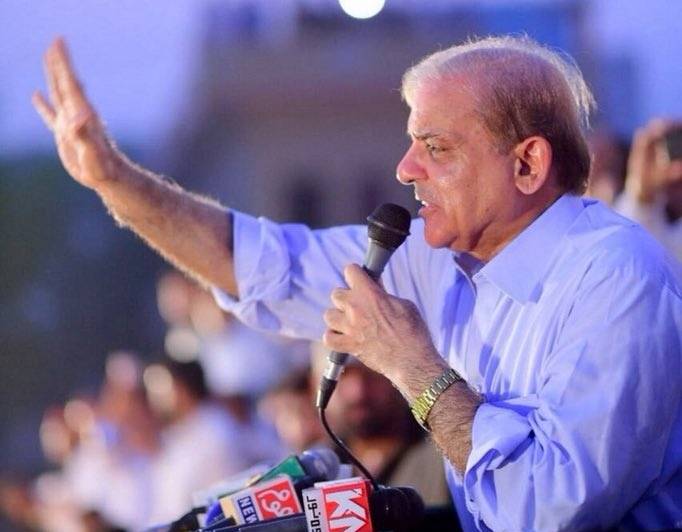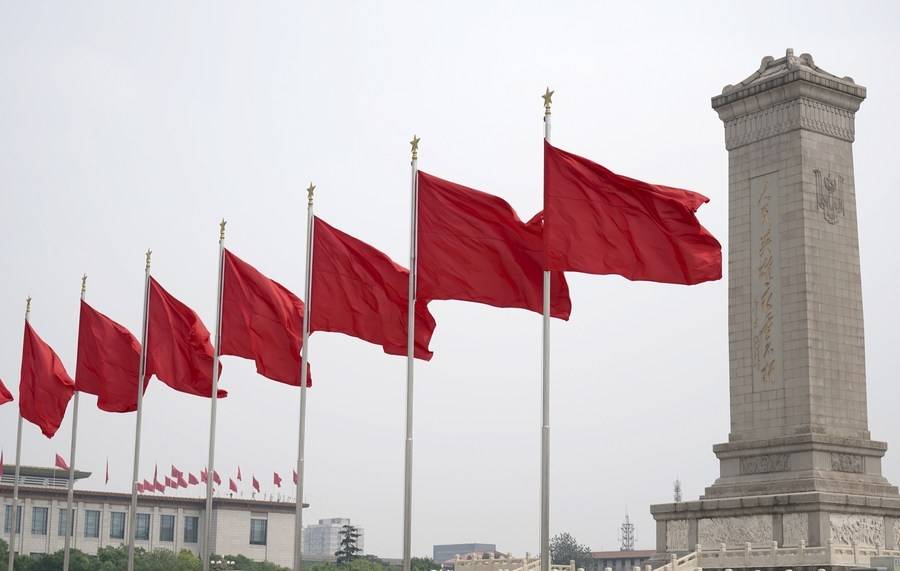The two candidates were essentially tied, with polls giving Fujimori the narrowest of leads with 50.3 per cent to Castillo’s 49.7 per cent…reports Asian Lite News
Marxist village schoolteacher Pedro Castillo and right-wing populist Keiko Fujimori were neck-and-neck in second round of Peru’s presidential election, according to exit polls.
The two candidates were essentially tied, with polls giving Fujimori the narrowest of leads with 50.3 per cent to Castillo’s 49.7 per cent, the newspaper El Comercio reported, highlighting that the exit polls by Ipsos had a 3 per-cent margin of error.
After casting her vote on Sunday , Fujimori tweeted that she had “a lot of hope and belief that we can make it”, reports dpa news agency
More than 25 million Peruvians were called on to vote in the election.
Castillo wants to build a socialist state, tighten control of the media and abolish the constitutional court if he wins.
Fujimori, who in case of victory plans to pardon her father, former authoritarian President Alberto Fujimori, stands for a neo-liberal economic policy and a hard-line security strategy.
In recent years, she has been remanded in custody several times and could face a long prison sentence in an ongoing corruption trial.
Alberto Fujimori is serving a 25-year prison sentence for serious human rights violations.
During his 10 years in office, he had security forces take rigorous action against leftist and allegedly subversive forces, and Parliament was stripped of its power.
Tens of thousands of indigenous women were also forcibly sterilised.
Although Castillo and Fujimori represent opposite extremes on the political scale, they are not far apart in their socio-political views.

Both represent a conservative image of the family and are against same-sex marriage and abortion, as well as focus on the exploitation of natural resources and do not attach great importance to the protection of the environment and human rights.
Whoever wins will face enormous challenges.
Peru is suffering particularly badly from the coronavirus pandemic. It is one of the countries with the highest mortality rate in the world, and its economy also collapsed by 12.9 per cent last year.
In addition, splinter groups of the guerrilla organization Sendero Luminoso (Shining Path) are still active in the country’s interior.
Two weeks ago, rebels killed 16 people and called for a boycott of the election. However, according to the electoral office, things initially remained quiet on Sunday.
Political turmoil has also marked the past year, as the Congress was locked in a bitter conflict with the government.
Parliamentarians first forced president Martin Vizcarra out of office, and then his successor, Manuel Merino, threw in the towel after fierce protests.
Interim President Francisco Sagasti has been in charge meanwhile.
ALSO READ: Peru prepares for general elections in April



